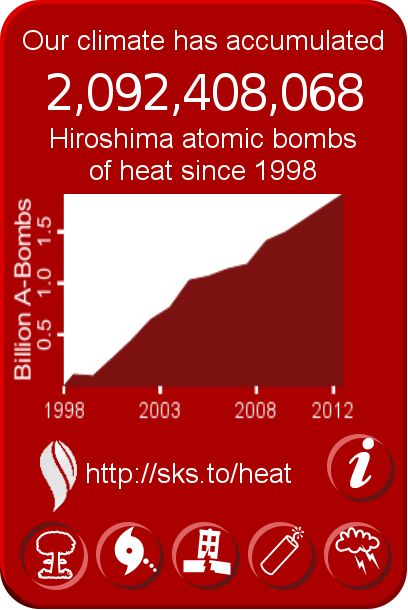This penultimate paragraph was the takeaway for me:
Modern food systems suffer from path dependence. Institutions throughout food systems have invested overwhelmingly in input-intensive technologies and practices, leaving those that are less input-intensive to flounder. These decisions seemed reasonable when they were made, as farmers and other agricultural innovators gravitated towards strategies that yielded increasing returns. The inevitability of diminishing and negative returns was far from anyone’s mind. Today, the realities of diminishing and negative returns stare us squarely in the face. The next century of food production and consumption, both in the United States and around the globe, will necessarily be very different from the previous century. I don’t pretend to know particulars, only that the future holds plenty of surprises.









